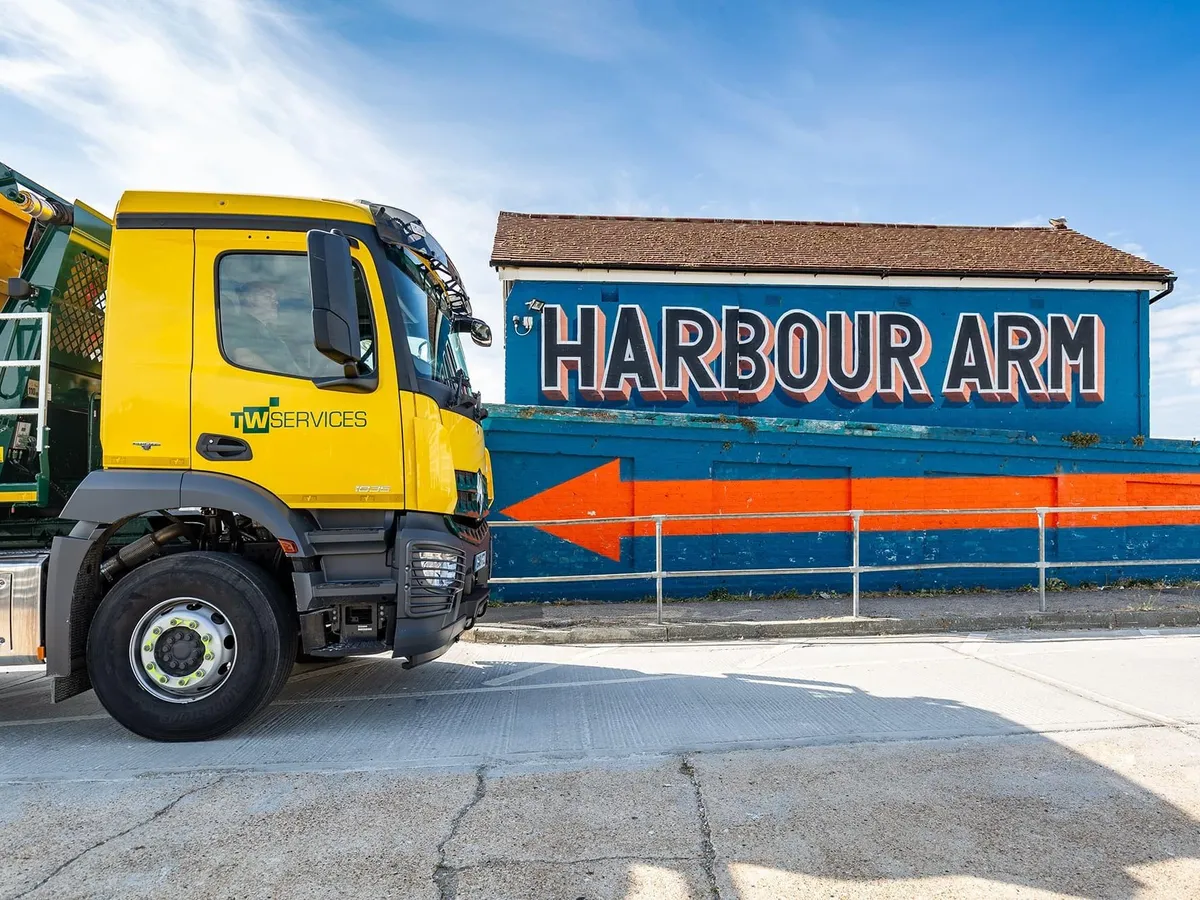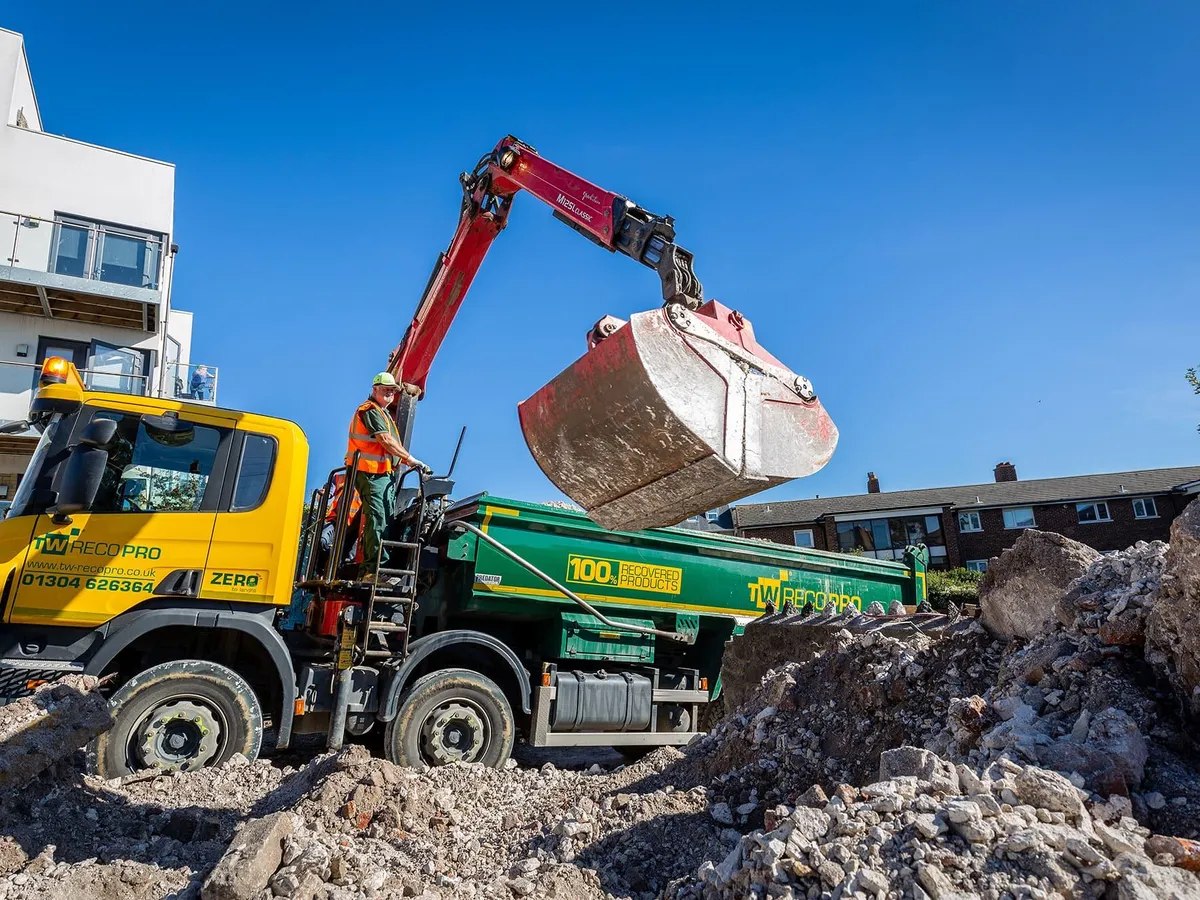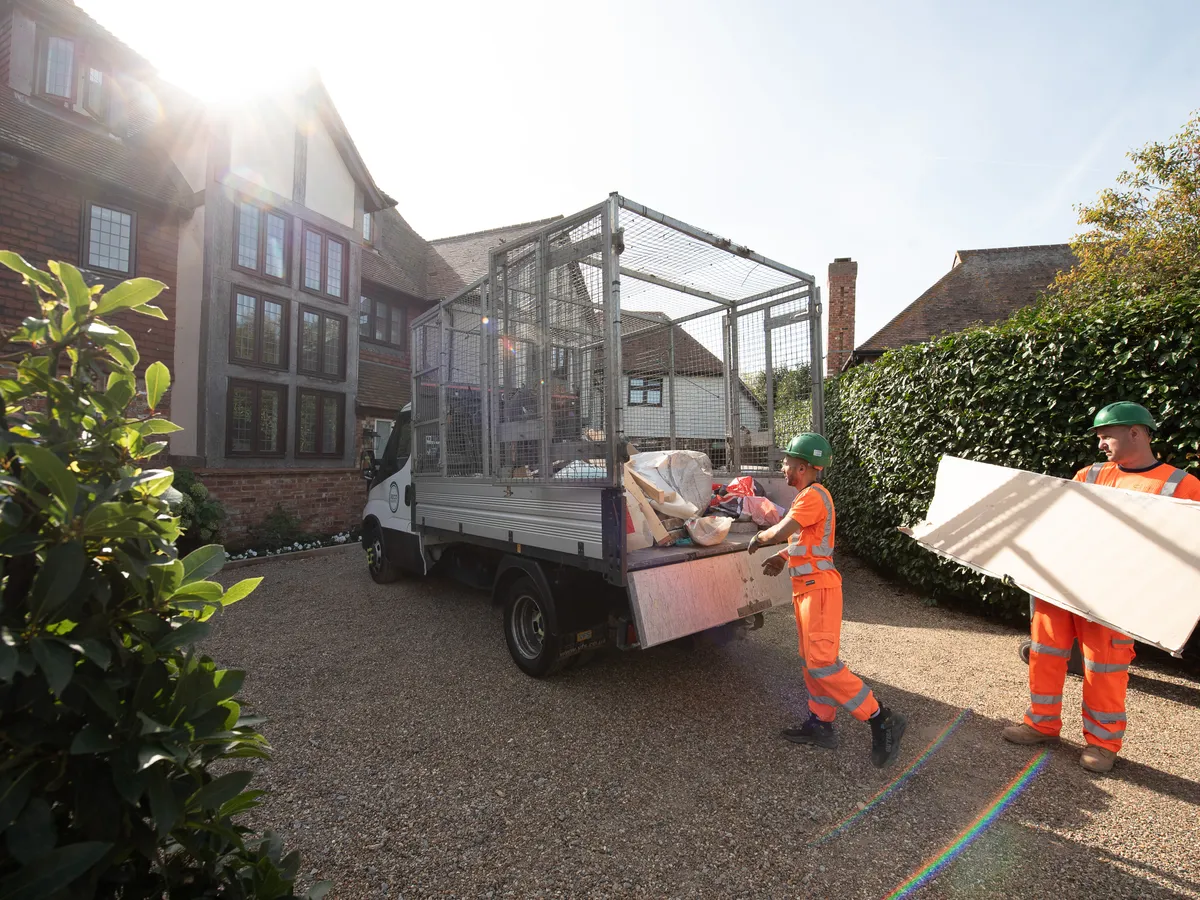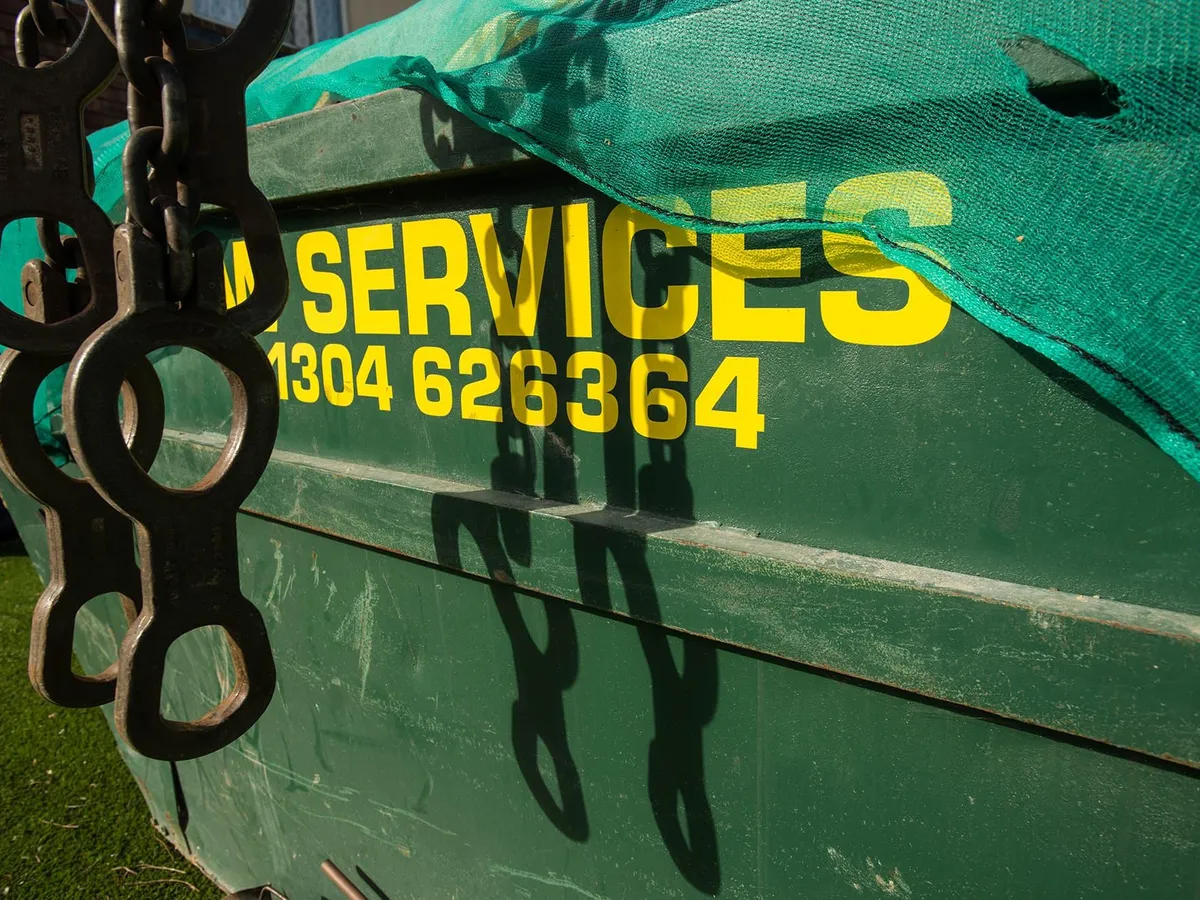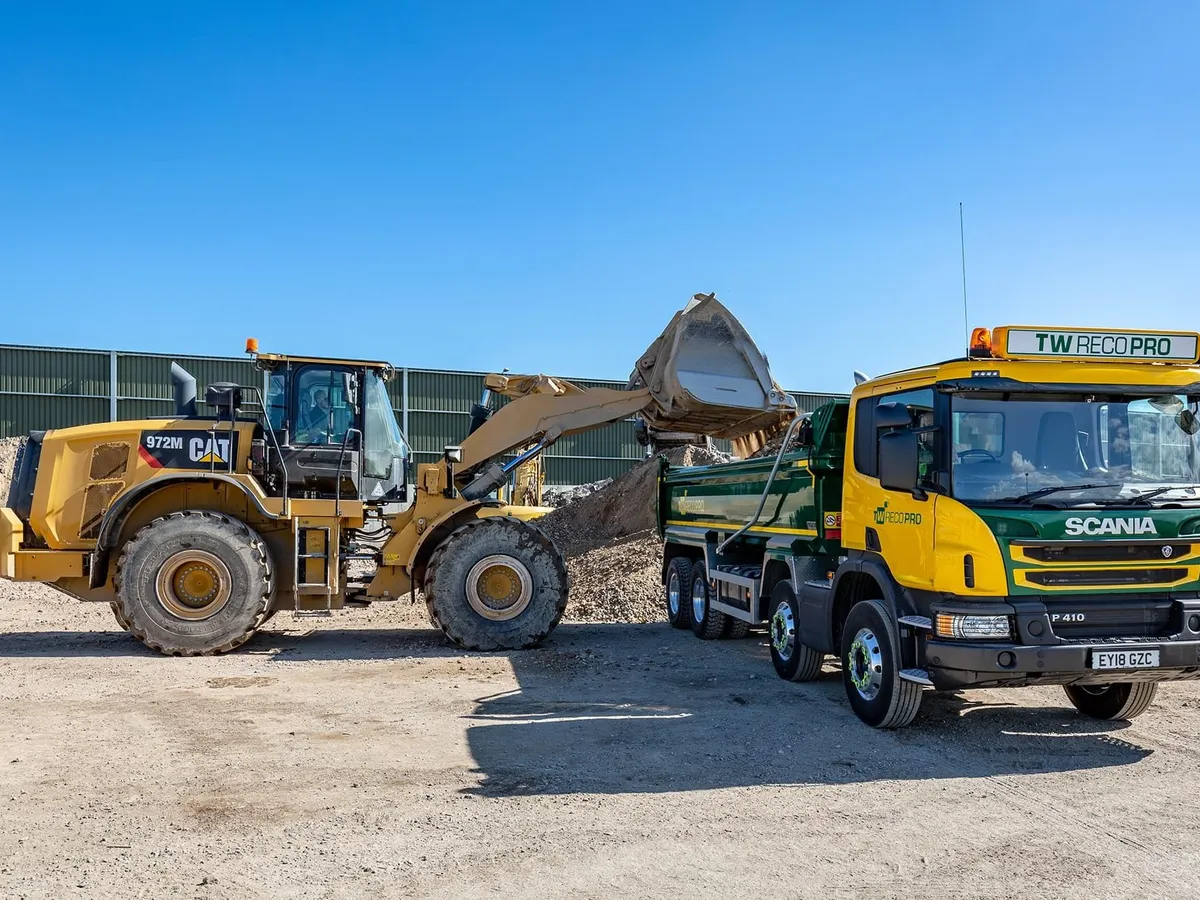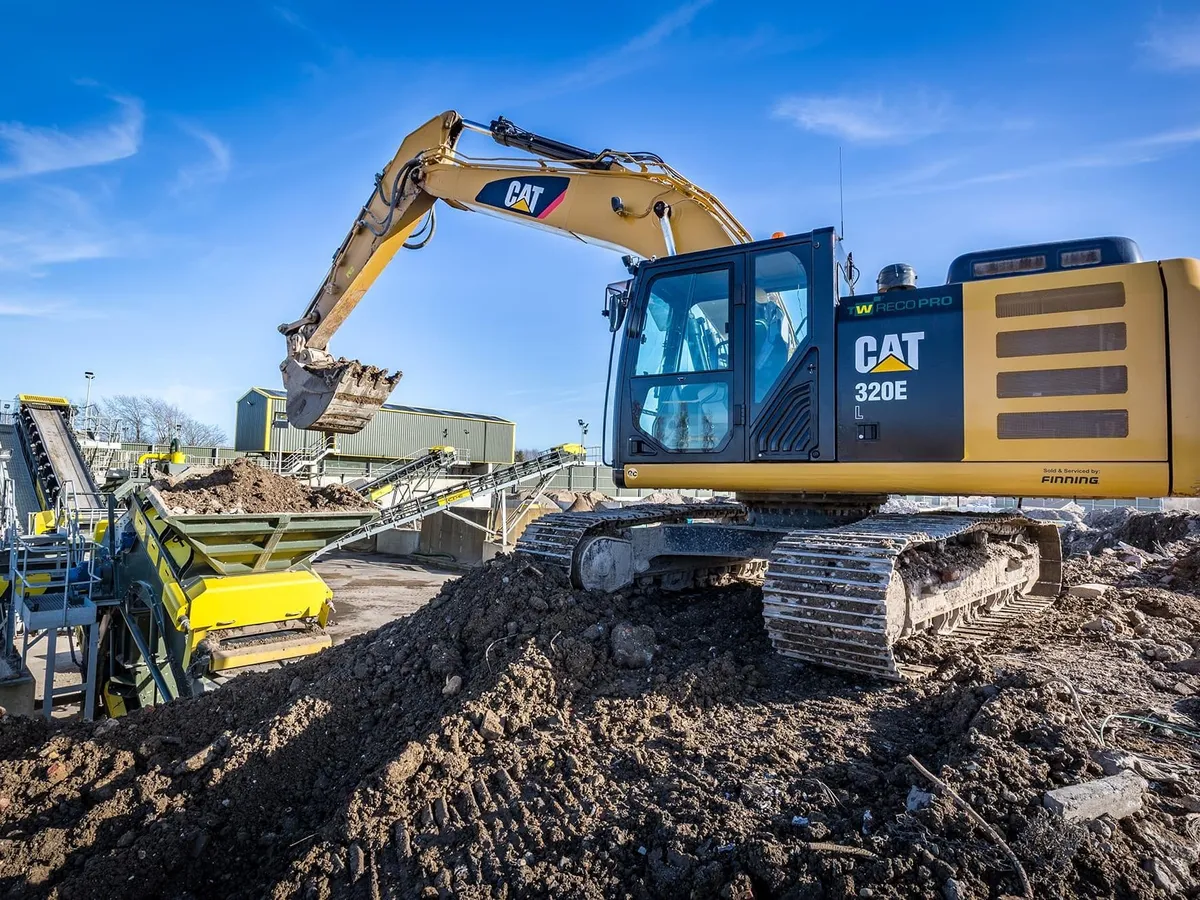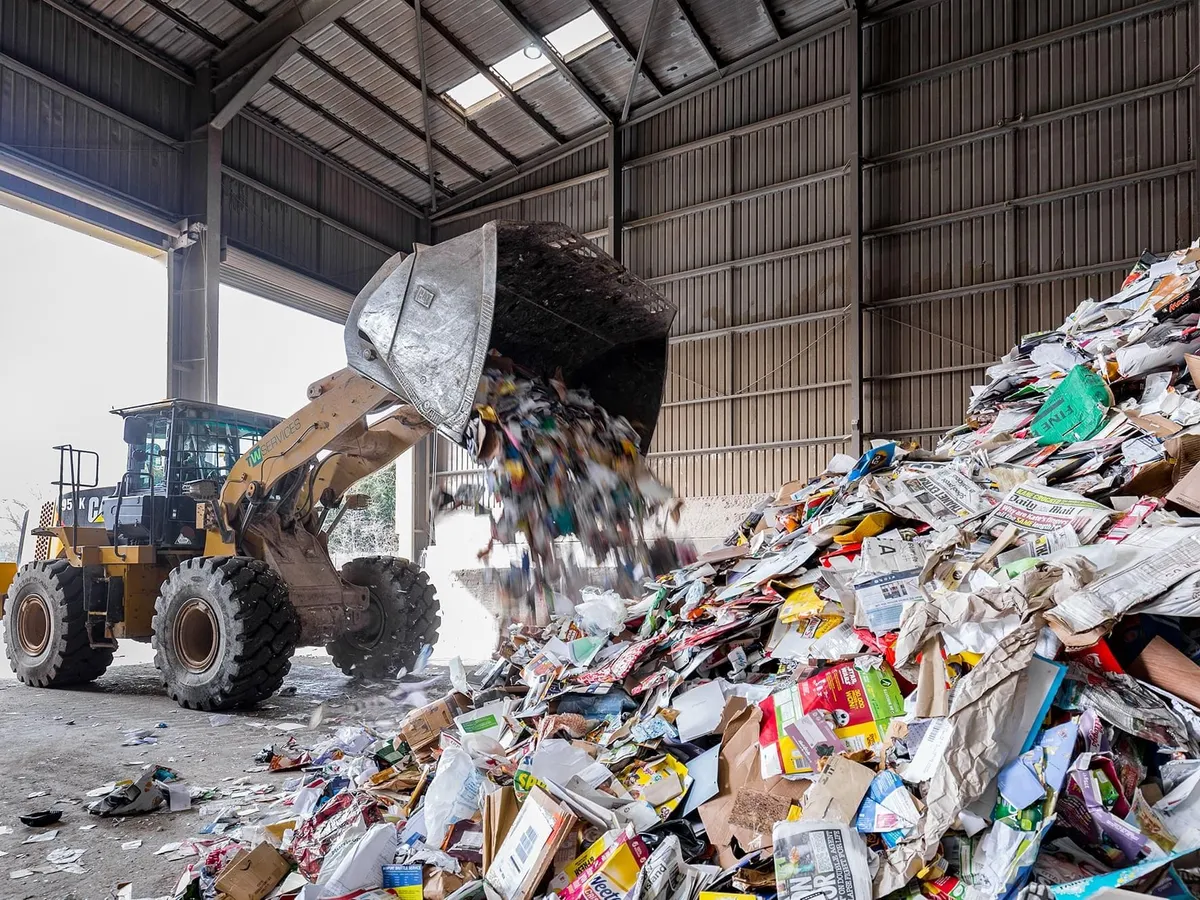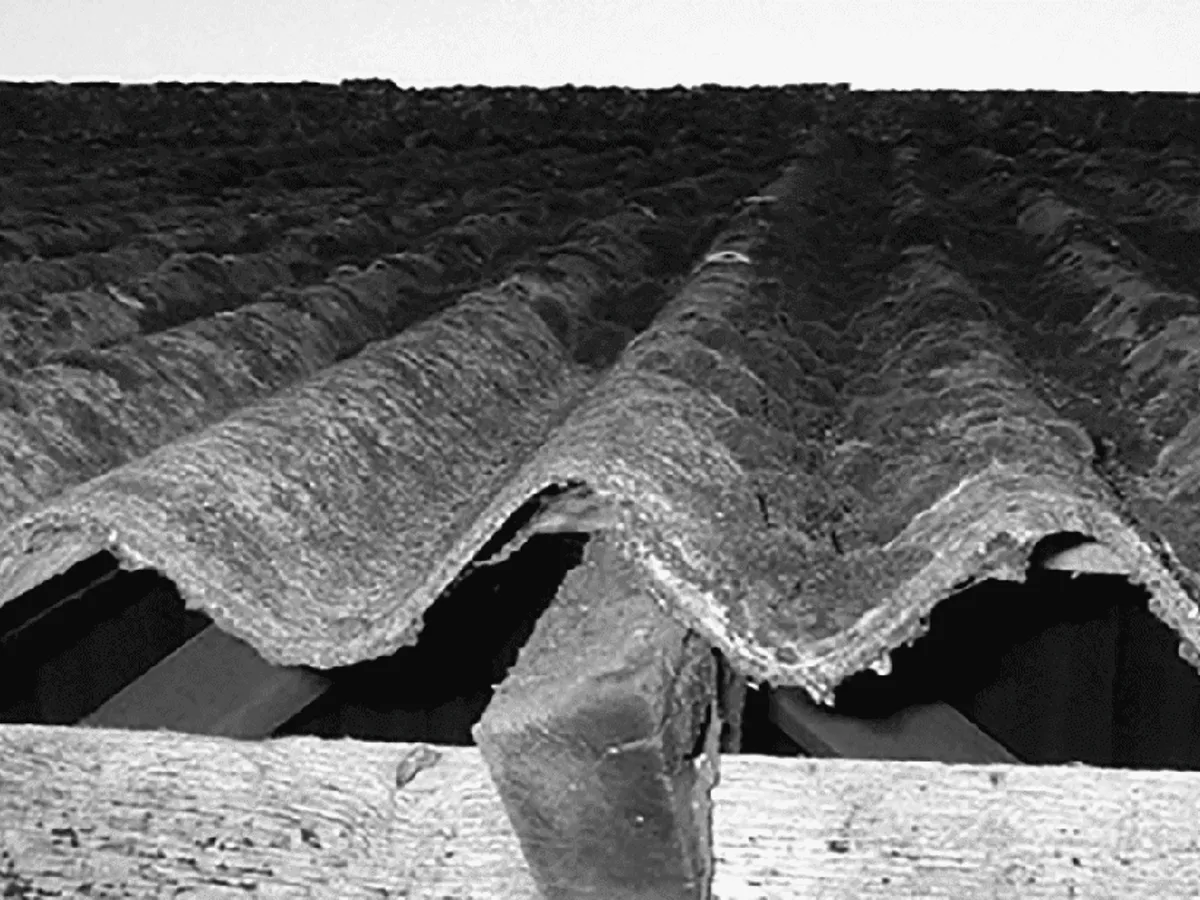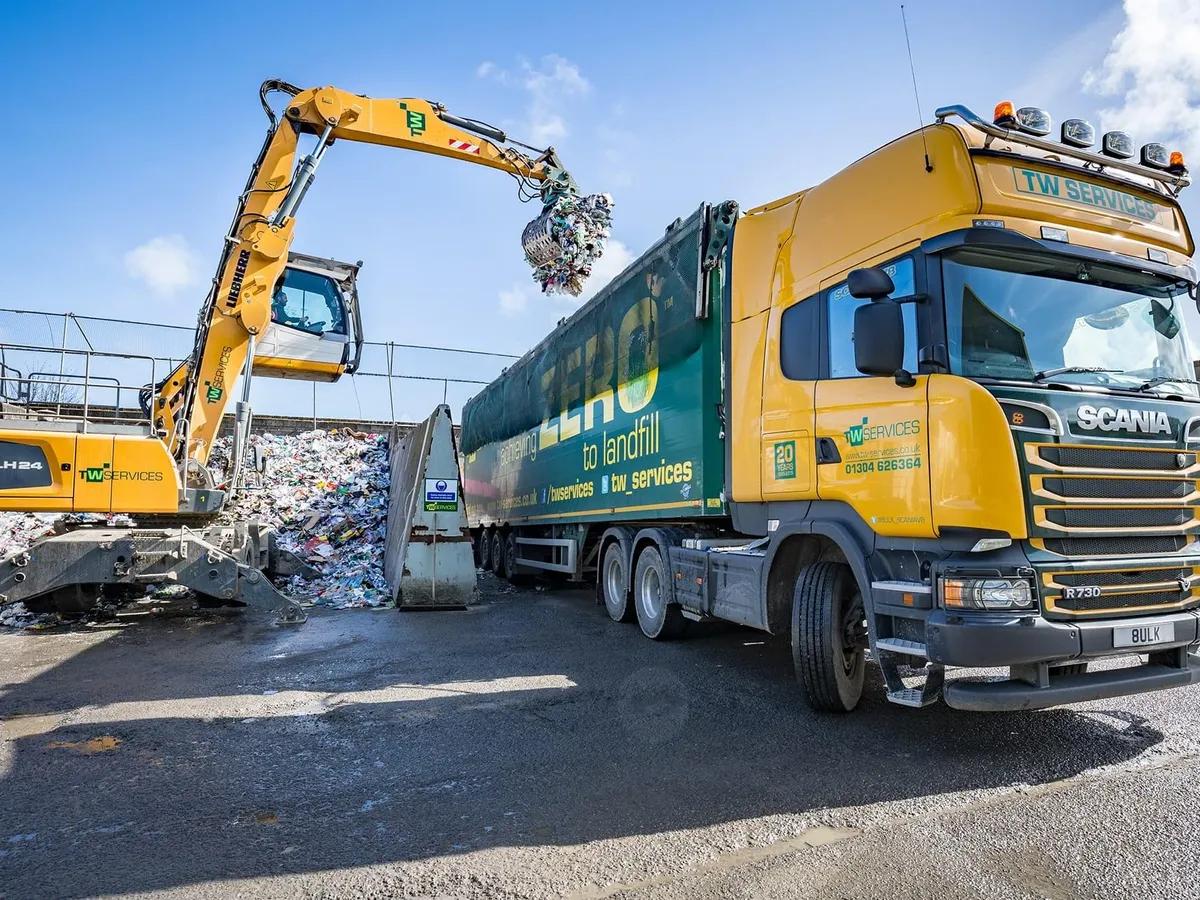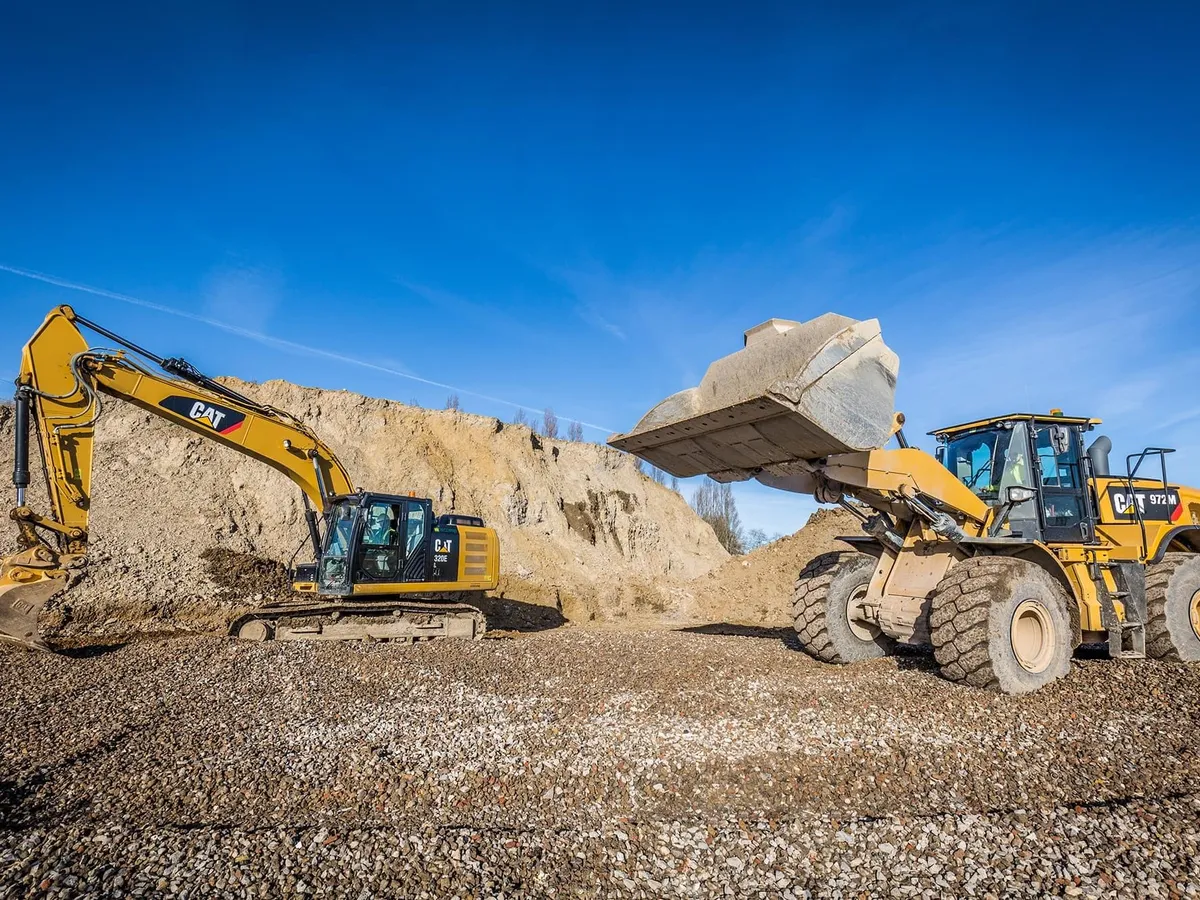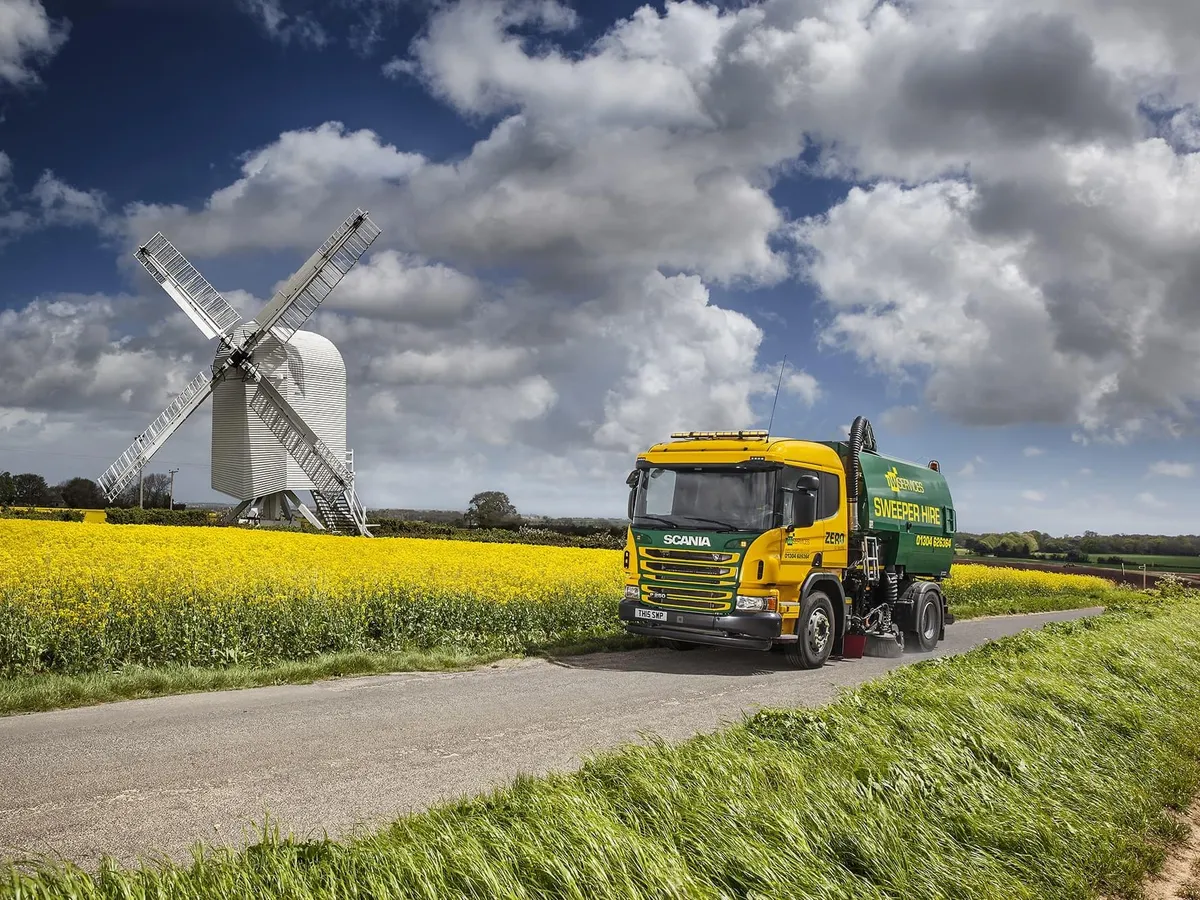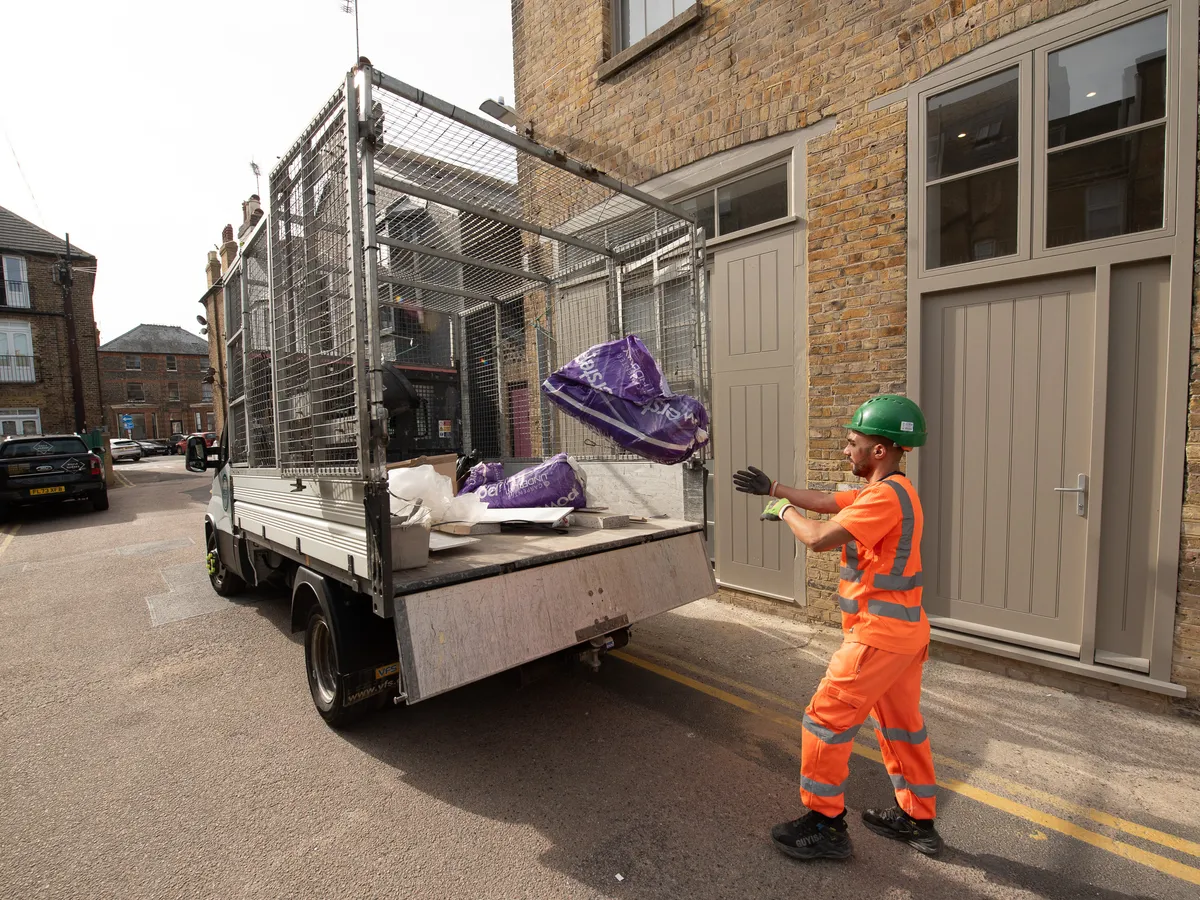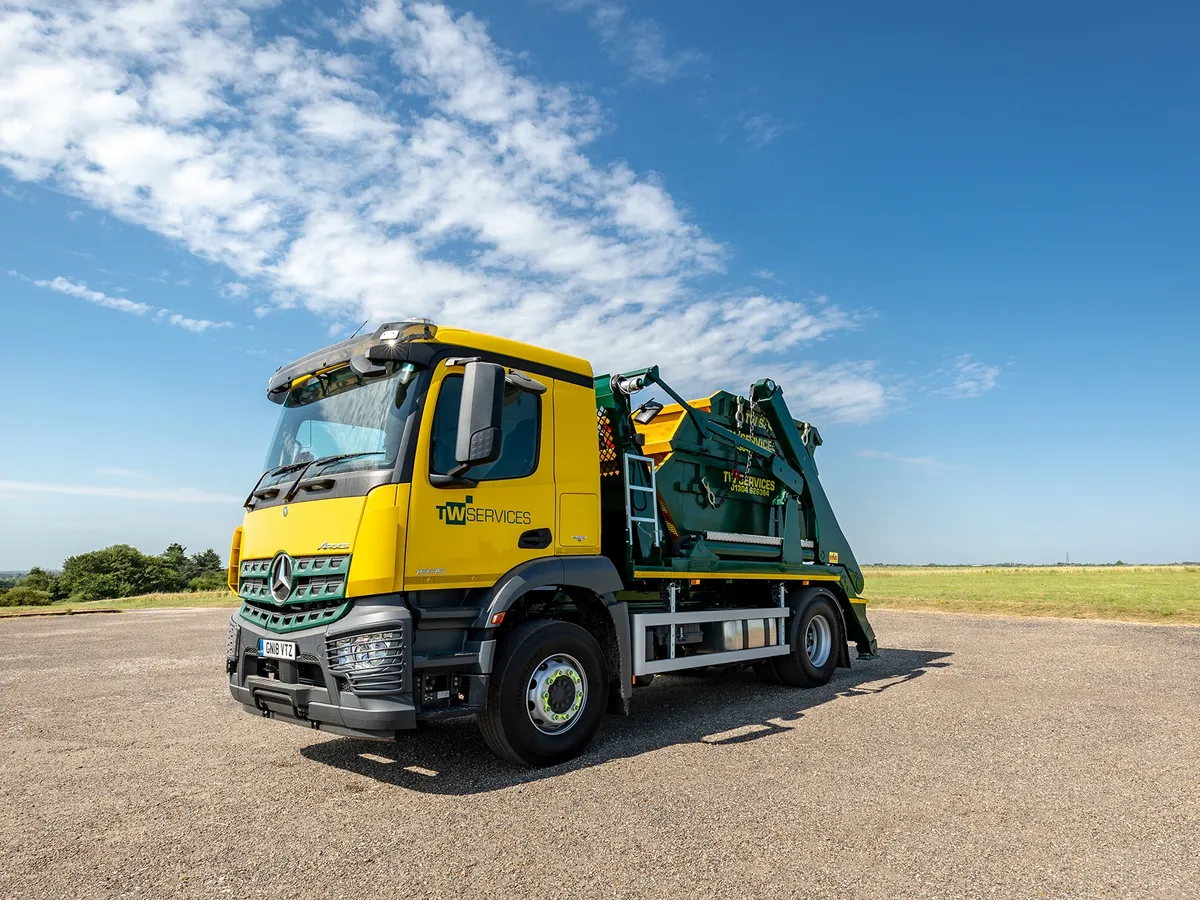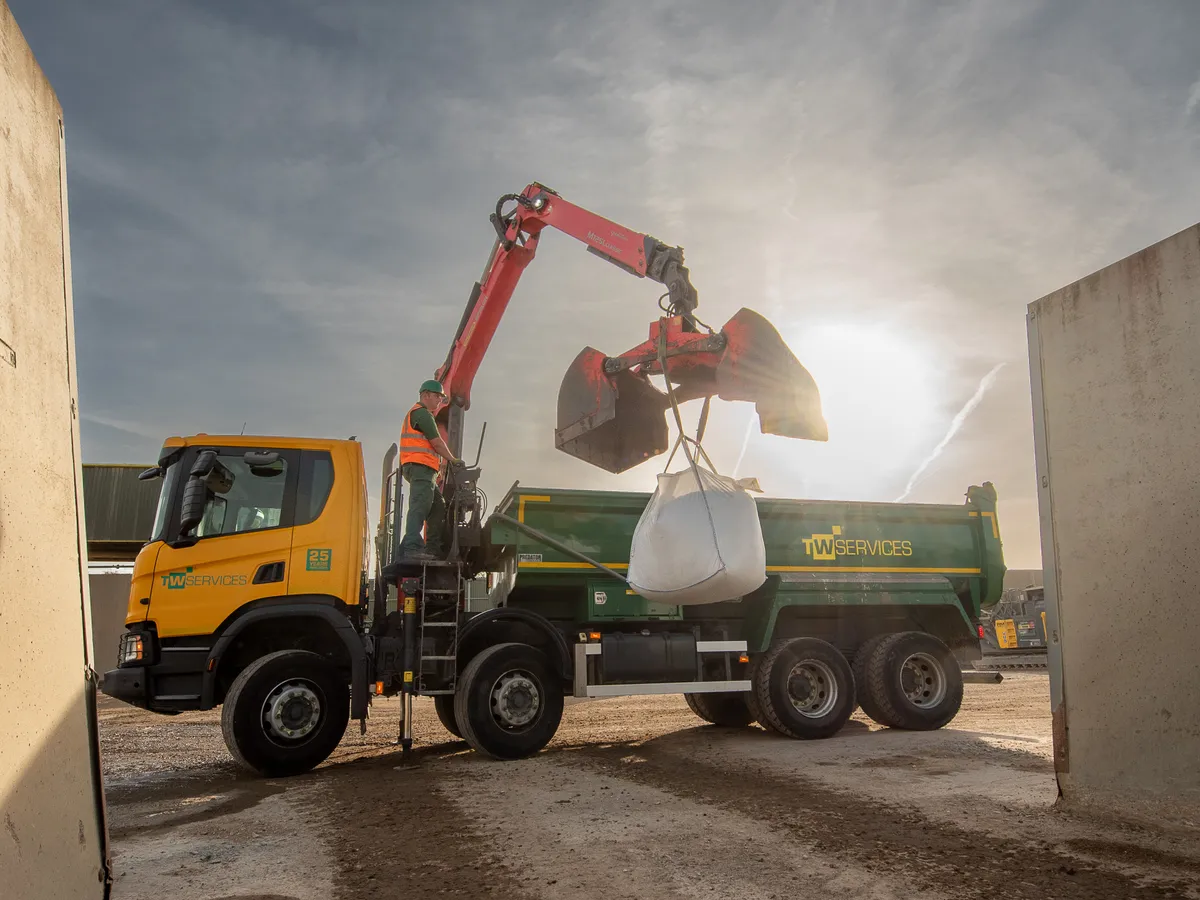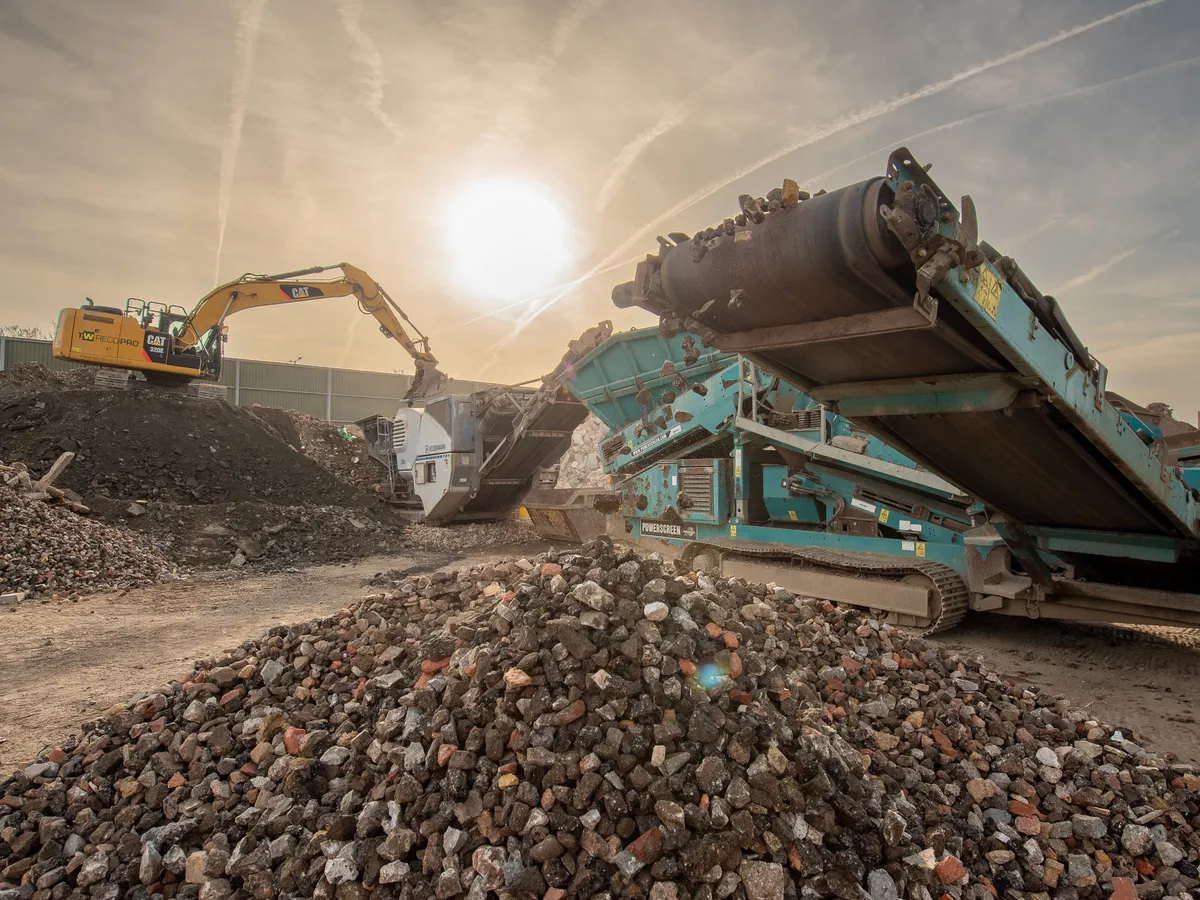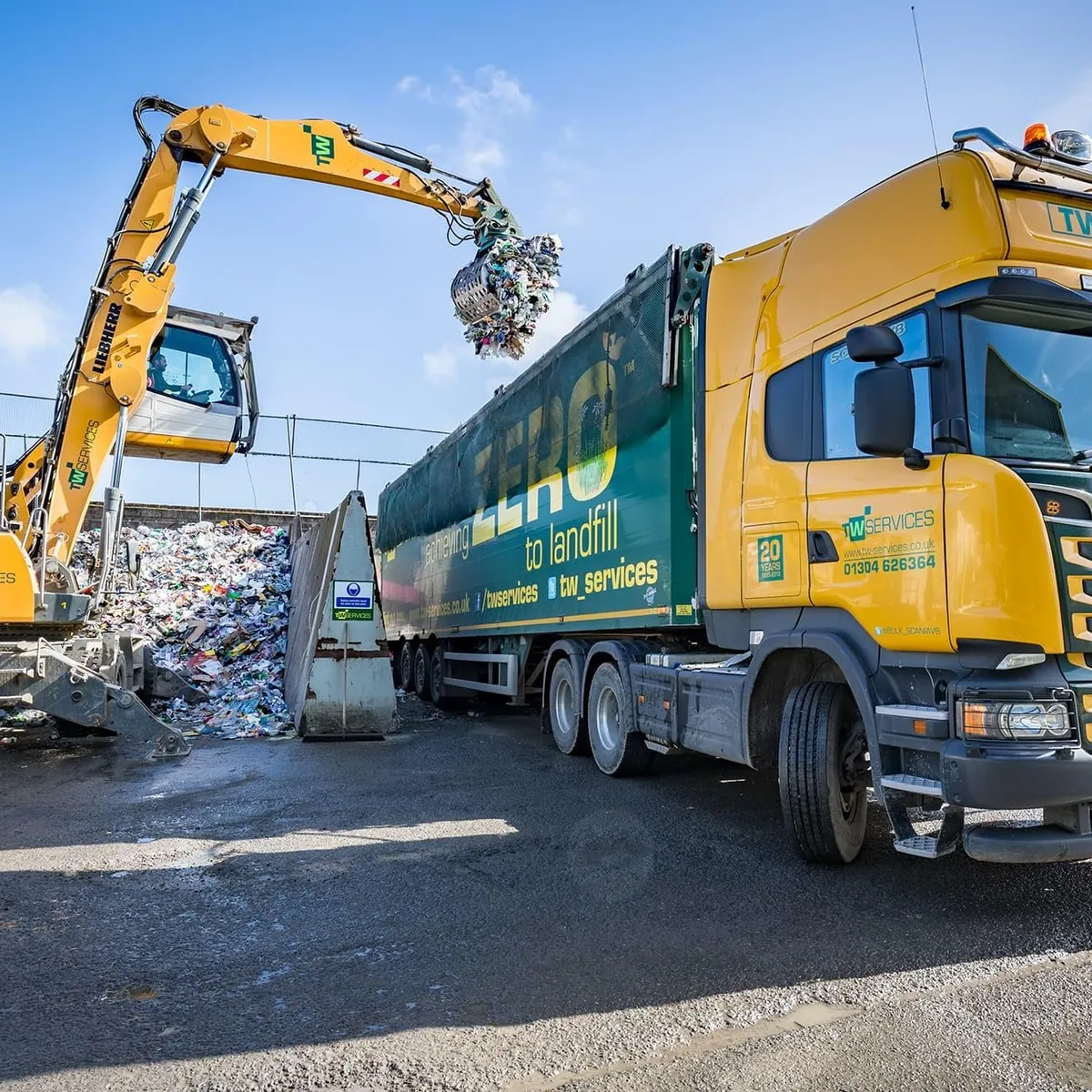
Can Waste Management Reduce Your Carbon Footprint?
But do you actually understand what your ‘carbon footprint’ is before we continue? The definition of the term carbon footprint is ‘the amount of carbon dioxide released into the atmosphere as a result of the activities of a particular individual, organisation or community.’ The ultimate goal would be to be carbon neutral, so your carbon output is reduced to nothing at all, however that isn’t a simple accomplishment. Start small, to rectify climate change we must first concentrate on our waste management.
Employers are realising that eco-considerations are key to being competitive within their recruitment as well as attracting new business. In addition, you can save money by recycling products you may not have considered whilst reducing the tonnes of landfill that accrues annually. There are other carbon reduction considerations which are more commonly advertised, such as limiting flights, trying vegan diets and buying an electric car which are all brilliant considerations that individuals can make but what about larger scale impact…?
Over 40% of our greenhouse gas (GHG) emissions come from making, moving and getting rid of items that we use. Through effective waste prevention techniques, and responsible recycling we can use less energy, reduce GHG emissions and contribute to a healthier climate.
When we waste less and make more sustainable choices on the products we use and purchase, less energy is needed to support manufacturing and transporting those items. For example, if you recycle one aluminium drinks can, this saves over 95% of the energy that would be required to produce a new can from all new materials.
The natural process of ‘carbon sequestration’ is the holy grail of reducing your carbon footprint. If this isn’t a term you’ve heard of it basically summarises the following;
if we recycle more paper, this allows more trees to stay standing, which in turn cleans GHG from the air and helps to combat climate change. Paper is such a great beginner’s step for your home or business to make an impact quickly on the environment, and action is required to change the tide on the damage of past decades.
To put this into perspective, if one business with 1000 employees recycled its office paper for one year, they can reduce their greenhouse gas emissions by 80 metric tonnes of carbon dioxide. That’s like taking 50 cars off the road for a year. Imagine what could be achieved if multiple businesses bought into the idea!
So, to conclude, the answer is a resounding yes waste management can absolutely reduce your carbon footprint, so what are you waiting for? Make the responsible choice and start researching methods to introduce this into your company, we can discuss a bespoke plan with you and how we can all play a part in reducing the countries waste.
We’ve also written another blog exploring whether waste management is a good investment, there’s some great advice in there if you would like to consider it for your business.
